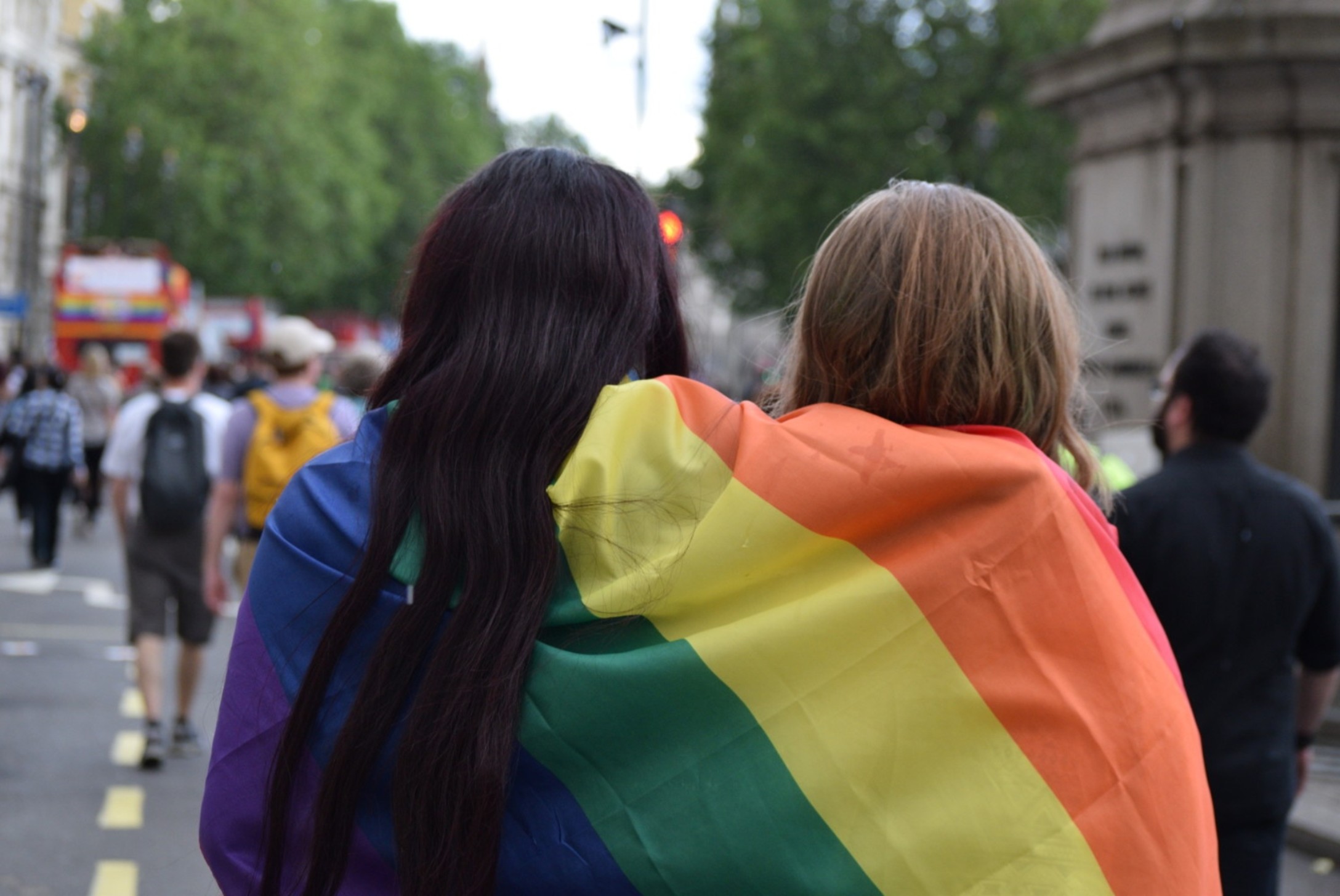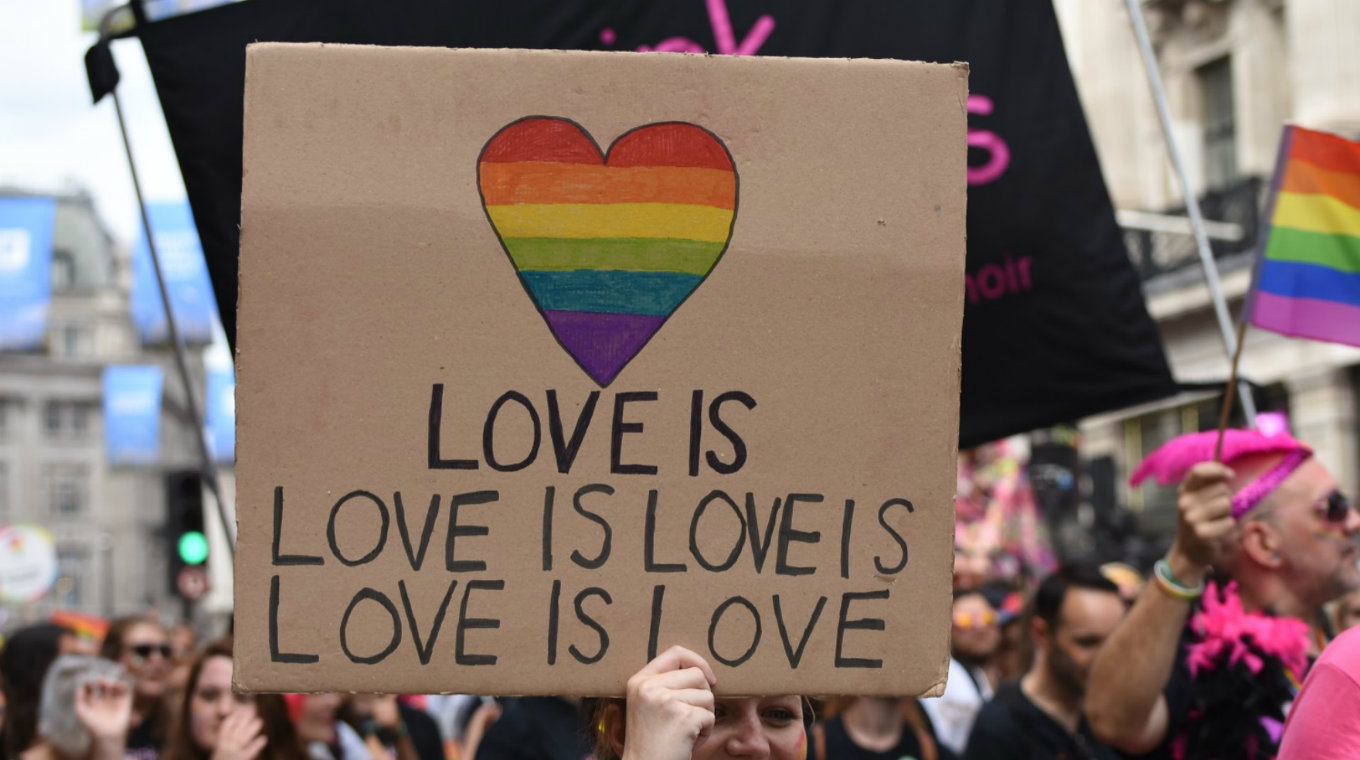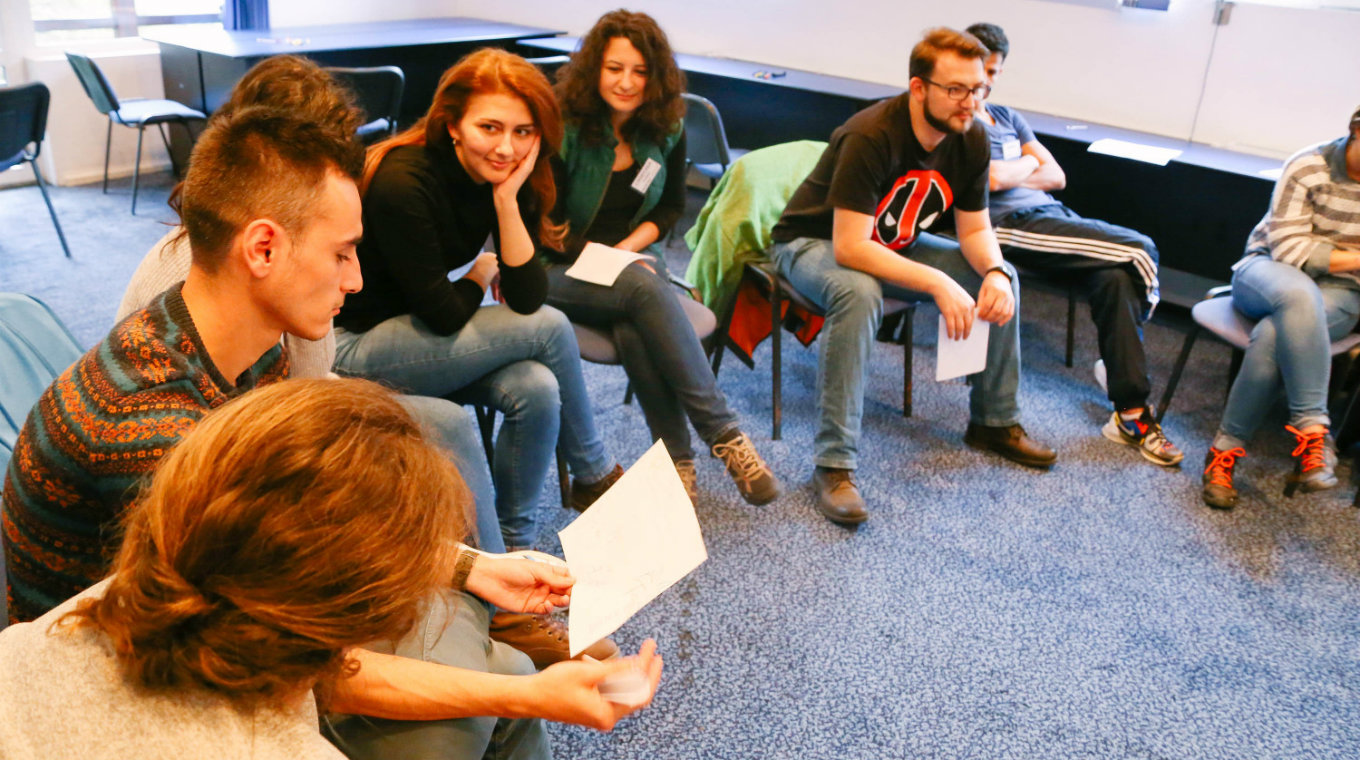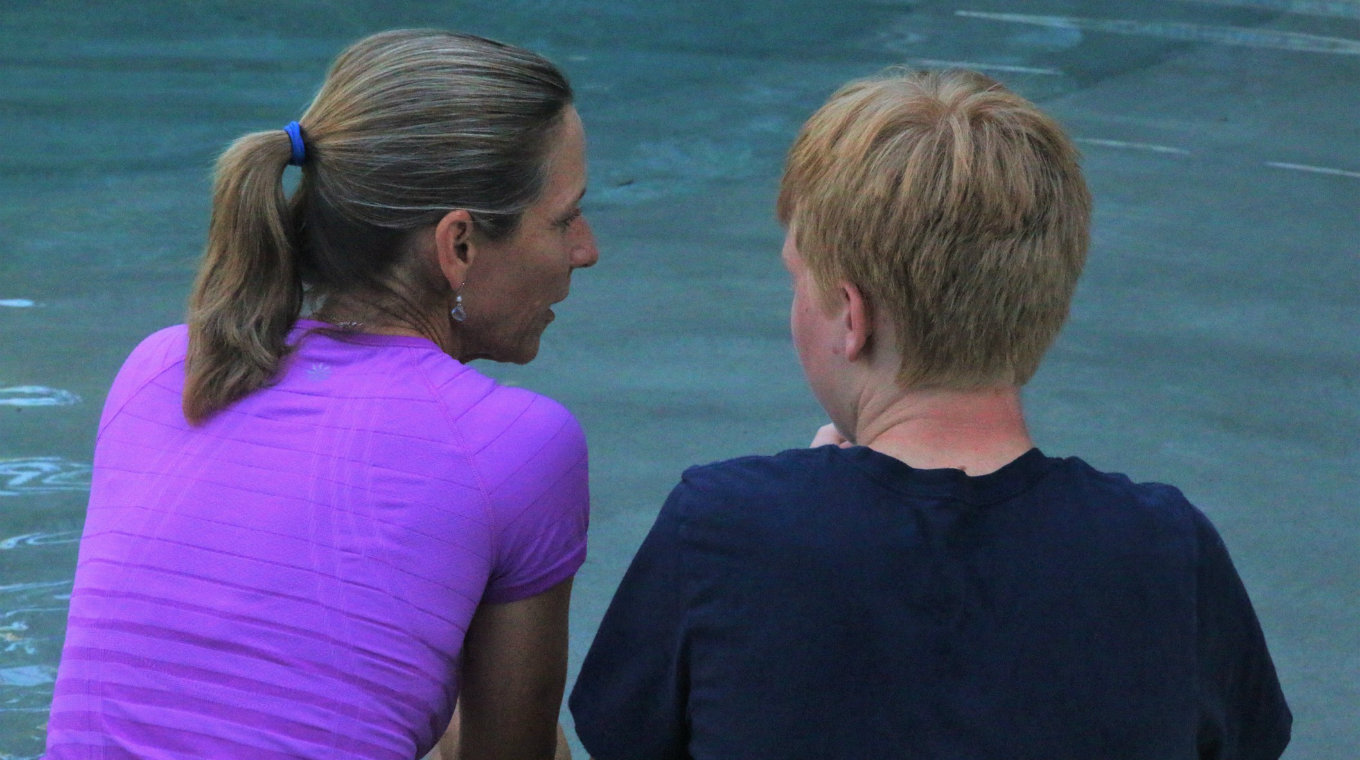
In the article
The landscape around LGBTQA issues has changed dramatically in recent history. Tweens today have largely grown up in a world where there are gay characters on their favorite childhood shows, where they were able to see the national legalization of gay marriage, and where public acceptance of LGBT people is at an all-time high. With all of these positive changes, it’s not surprising that there appears to be a trend of more teen and tweens coming out as gay to their parents at earlier ages.
While some parents may have suspected their tween might be gay, it can also feel like a bit of a shock for even the most accepting of parents. We talked to experts on sexuality, mothers of gay tweens, and a tween who identifies as bisexual for real advice on how to best support your tween, no matter what their sexual orientation is.
Affirm your love

No matter how old someone is, coming out can be a nerve-racking experience. They may be feeling anxiety that they won’t be loved or accepted, so the first response as a parent should be to affirm that you love them and that they are still a valued member of the family.
“When my daughter came out as a lesbian at 11, I was shocked. It seemed really young! But then I felt like I could honestly tell her that I loved her MORE now, because now I knew her better because she had shared this really important thing about herself,” shares Kate K., a mom from Lawrence, Kansas.
Use the appropriate language
When your tween comes out, you’ll want to follow their lead — and that starts with mirroring the language they use to describe their orientation.
As sexuality educator Erica Smith shares, parents should use the same language that their child uses. "For example, if they say they're bisexual, call them bisexual. If they say they're pansexual or queer, reflect their language back to them. Don't attempt to correct them or change their language. Chances are they know what they've been talking about and though the info may be new to you as a parent, they've already been thinking about it for a while.”
As your tween grows more comfortable talking about their identity, you can continue to learn what being bi, queer, or gay means to them.
Get support and information

As a parent of a gay tween, you might have questions, concerns, or even fears about what this means for your child. Part of being supportive of your gay tween is to make sure they aren’t responsible for alleviating your fears or having to provide you support and reassurance.
Psychologist Jeptha Tausig-Edwards notes that parents need to consider their own feelings as part of the coming-out process. “Be honest about this with yourself. Don’t feel that you have to go this alone either — there are many avenues of support that you can seek out for yourself to benefit from other parents’ experiences.”
Consider reaching out to a group like PFLAG or looking for resources in your own community or a LGBT-friendly family therapist to talk with if you need additional support to becoming an LGBT affirming parent.
Have 'the talk' more than once

Most parents understand the importance of having the “birds and bees” conversation with their tweens, but having a gay tween may mean having to update how you talk about things like sexuality, consent, safe sex, and other dating topics.
Erica Smith suggests making sure you also explore more about what being gay means to your tween: “Were they talking about their sexual attraction (who they are attracted to), or their gender identity (how they feel inside as male, female, etc.)? Do they have friends who share their identity? Do they plan to come out at school, and does their school have anti-bullying policies or LGBTQ+ protections in place?”
That’s a lot of ground to cover, so recognize that the coming out conversation is just the first of many ongoing conversations about this part of your child’s life.
Respect their journey
Coming out can be complicated. Tausig-Edwards explains it “requires support, love, willingness to listen to whatever your tween wants to say to you. It will be very important for them to know that they can trust, confide, rely upon you during this process. It’s also worth noting that not everyone comes out at the same age or stage in life, or even in the same manner. That said, as your tween comes out, ask them what would make them most comfortable during this process. Talk with them about how they would like coming out to go for them and what they envision and what they would prefer for themselves. Don’t be surprised if this changes — it doesn’t have to, but it can.”
Part of respecting their journey means letting your gay tween set the pace when it comes to coming out.
According to Gus, an 11-year-old who identifies as bisexual, “I don’t want my parents to tell people that I’m bisexual yet. I want to be in charge of who knows that.”
Erica Smith supports that advice, stating “Do NOT out your child to anyone else without their permission. That would include to their other parent, grandparents, siblings, teachers, doctor, etc. That information is your child's to decide what to do with. Coming out is a very challenging process for many, and you could betray your child's trust and cause them distress if you share the information before they're ready.”
A tween who comes out at this age has shown a great deal of trust, so now is the time for parents to respond in kind with love and support.




